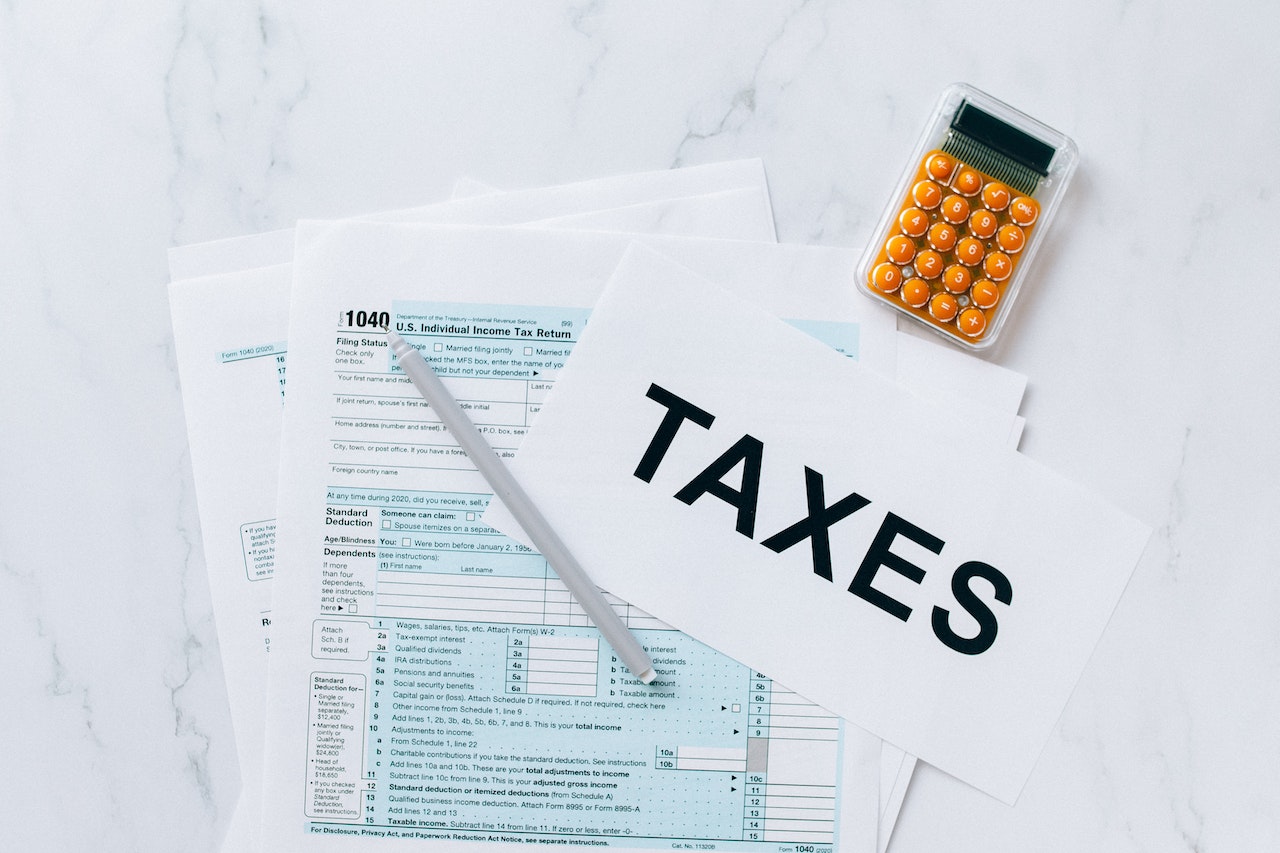Türkiye will increase corporate taxes and issue an additional motor vehicle tax, mainly to fund the recovery from major earthquakes that struck the country in February, according to a draft law presented to Parliament by the ruling Justice and Development Party (AK Party) Wednesday.
The earthquakes in southeastern Türkiye killed over 50,000 people, left millions homeless, razed hundreds of thousands of buildings and inflicted severe infrastructural damage.
Business groups, economists and the government have said rebuilding could cost more than $100 billion.
The government promised to rebuild more than 600,000 homes for people left homeless by the quakes, including 319,000 to be delivered in a year.
Among several proposed tax rises, the draft law raises corporate tax to 25% from the current 20%, while corporate tax for banks and financial institutions will rise to 30% from 25% currently.
In order to encourage foreign trade, the bill foresees introducing a 5 percentage point corporate tax discount for companies’ export income, according to the draft text sent to the parliament.
Additional motor vehicle taxes will be received from vehicles that will be registered by the end of the year. According to the draft law, the one-off additional payment will be the same as the amount of motor vehicle tax accrued for 2023.
The bill also would also transfer the Treasury-run part of the foreign exchange-protected Turkish lira deposit accounts scheme to the central bank.
Unveiled in late 2021 and known by its acronym KKM, the scheme sought to keep dollarization at bay by encouraging people to keep their savings in lira through guarantees to compensate for losses from the decline of the national currency.
Under the scheme, the government and the central bank compensate lira depositors for losses due to depreciation.
The government paid TL 92.54 billion ($3.6 billion) from the budget to depositors with lira savings under the scheme last year.
